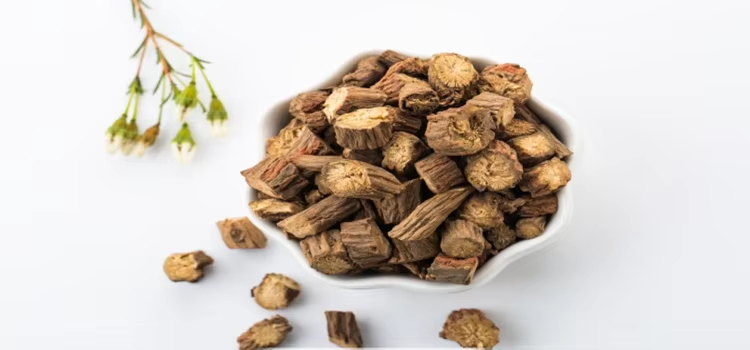
Tanshinone: A Promising Natural Compound for Health and Disease Management
Introduction
Tanshinone is a bioactive compound derived from the root of Salvia miltiorrhiza, commonly known as Danshen or Chinese red sage. This traditional Chinese medicinal herb has been used for centuries to treat various ailments, particularly cardiovascular diseases. Modern scientific research has identified tanshinone as one of the key active ingredients responsible for many of Danshen's therapeutic effects. This article explores the health benefits, mechanisms of action, and potential applications of tanshinone in contemporary medicine.
Health Benefits of Tanshinone
Cardiovascular Health: Tanshinone has been extensively studied for its cardiovascular benefits. It exhibits vasodilatory effects, which help improve blood flow and reduce blood pressure. Tanshinone also possesses anti-atherosclerotic properties, preventing the buildup of plaque in the arteries. These effects make it a valuable natural remedy for managing hypertension and preventing heart disease.
Anti-inflammatory and Antioxidant Properties: Chronic inflammation and oxidative stress are underlying factors in many diseases. Tanshinone has potent anti-inflammatory and antioxidant effects, helping to reduce inflammation and neutralize free radicals. This can be beneficial in conditions such as arthritis, neurodegenerative diseases, and metabolic disorders.
Anticancer Activity: Recent studies have highlighted the anticancer potential of tanshinone. It has been shown to inhibit the growth and proliferation of various cancer cell lines, including breast, liver, lung, and prostate cancers. Tanshinone induces apoptosis (programmed cell death) in cancer cells and disrupts signaling pathways essential for tumor growth and survival.
Neuroprotective Effects: Tanshinone exhibits neuroprotective properties, making it a promising compound for treating neurodegenerative diseases like Alzheimer's and Parkinson's. It helps to protect neurons from oxidative damage and inflammation, thereby preserving cognitive function and slowing disease progression.
Antimicrobial Activity: Tanshinone has demonstrated antimicrobial effects against a range of bacteria and fungi. This includes activity against antibiotic-resistant strains, making it a potential candidate for developing new antimicrobial agents in the fight against resistant infections.
Mechanisms of Action
The therapeutic effects of tanshinone are attributed to its complex mechanisms of action:
Modulation of Signaling Pathways: Tanshinone influences various cellular signaling pathways, including those involved in inflammation, apoptosis, and cell proliferation. By modulating these pathways, tanshinone exerts its anti-inflammatory, anticancer, and neuroprotective effects.
Inhibition of Enzymes: Tanshinone inhibits the activity of enzymes such as cyclooxygenase (COX) and lipoxygenase (LOX), which are involved in the inflammatory process. This inhibition helps to reduce inflammation and associated tissue damage.
Antioxidant Activity: Tanshinone scavenges free radicals and enhances the activity of antioxidant enzymes, protecting cells from oxidative stress and damage.
Applications and Uses
Tanshinone can be incorporated into various therapeutic formulations:
Supplements: Available in capsule or tablet form, tanshinone supplements can be used to support cardiovascular health, reduce inflammation, and provide antioxidant protection.
Topical Formulations: Creams and ointments containing tanshinone can be applied to the skin to treat inflammatory skin conditions and infections.
Intravenous Preparations: In clinical settings, tanshinone can be administered intravenously for acute conditions such as cardiovascular emergencies or severe infections.
Safety and Considerations
Tanshinone is generally considered safe when used appropriately. However, it is essential to consult with a healthcare provider before starting tanshinone supplementation, especially for individuals with existing health conditions or those taking other medications. Potential side effects may include gastrointestinal disturbances and allergic reactions.
Conclusion
Tanshinone, derived from the traditional Chinese herb Danshen, offers a wide range of health benefits, including cardiovascular protection, anti-inflammatory effects, anticancer activity, neuroprotection, and antimicrobial properties. As research continues to uncover its mechanisms and potential applications, tanshinone holds promise as a valuable natural compound in the management of various health conditions. By integrating tanshinone into modern therapeutic practices, healthcare providers can harness the power of this ancient remedy to improve patient outcomes and promote overall wellness.
Post time:2024-07-12





